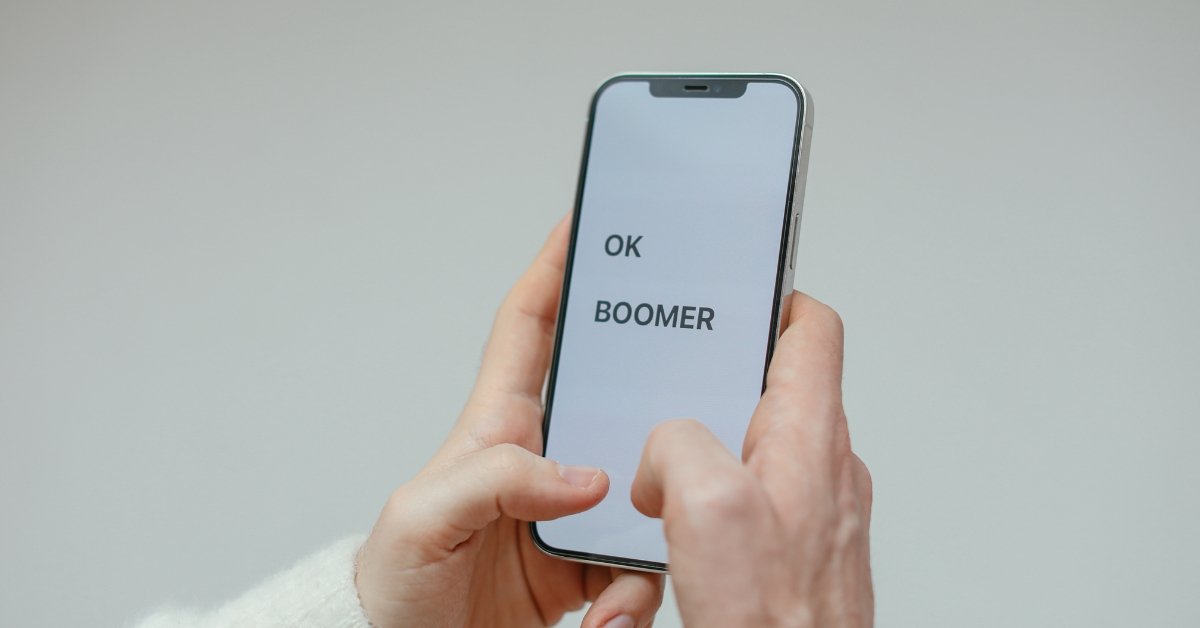Uncover the true meanings behind popular internet phrases. Decode the online lingo and communicate more effectively in the digital world!
Table of Contents
Introduction
The internet has its language, filled with unique phrases and expressions that can sometimes be puzzling.
Understanding these phrases is crucial for effective online communication, whether you are a seasoned netizen or a newcomer.
This blog post will decode internet phrases and explain what they mean, helping you navigate the digital landscape easily.
Common Internet Phrases and Their Meanings
1. Throw Shade
Throwing shade means disrespecting or criticizing someone subtly.
Example:
“She threw shade at her ex during the interview.”
2. Sliding into DMs
Sliding into DMs refers to sending someone a private message on social media, typically with romantic or flirtatious intent.
Example:
“He slid into her DMs to ask her out.”
3. Cancel Culture
Cancel culture is withdrawing support for public figures or companies after they have done something considered objectionable or offensive.
Example:
“The actor was subject to cancel culture after his controversial comments.”
4. Receipts
Receipts are proof or evidence, usually in screenshots or messages.
Example:
“She showed the receipts to prove her point.”
5. Clap Back
A clapback is a quick, sharp response to criticism or an insult.
Example:
“Her clap back at the hater was epic.”
6. Ghosting
Ghosting is suddenly cutting off all communication with someone without explanation.
Example:
“After our date, he ghosted me.”
7. Catfishing
Catfishing involves creating a fake online persona to deceive others, often for romantic or financial gain.
Example:
“She realized she was being catfished when his stories didn’t add up.”
8. Trolling
Trolling is making inflammatory or provocative comments online to upset or elicit reactions from others.
Example:
“He’s always trolling people in the comment section.”
9. Stan
Stan is a combination of ‘stalker’ and ‘fan,’ meaning an overly enthusiastic or obsessive fan.
Example:
“I’m a total stan of that band.”
10. Bae
Bae stands for “before anyone else” and refers to a significant other.
Example:
“Spending the weekend with my bae.”
Interesting Trivia
The term “stan” was popularized by the Eminem song “Stan,” which tells the story of an obsessive fan. It has since evolved to mean a dedicated fan of someone or something.
Lesser-Known Internet Phrases
11. Shipping
Shipping is when fans want two people (often fictional characters) to be in a romantic relationship.
Example:
“I ship those two characters so much!”
12. Sus
Sus is short for suspicious or suspect.
Example:
“His behavior was really sus.”
13. Extra
Extra describes someone who is overly dramatic or doing too much.
Example:
“She’s so extra with her outfits.”
14. Flex
Flex means to show off or boast about something.
Example:
“He’s always flexing his new car.”
15. FOMO
FOMO stands for “fear of missing out,” describing anxiety over not being included in exciting events.
Example:
“I get FOMO when I see my friends’ vacation photos.”
16. Lit
Lit describes something exciting or excellent.
Example:
“That party was lit!”
17. Salty
Salty means being upset or bitter, usually over something minor.
Example:
“He’s still salty about losing the game.”
18. Lowkey
Lowkey means slightly or secretly.
Example:
“I’m lowkey excited about the concert.”
19. No Cap
No Cap means no lie or for real.
Example:
“I just got promoted, no cap!”
20. Receipts
Receipts are proof or evidence, typically in screenshots or messages.
Example:
“She brought out the receipts to prove her point.”
Conclusion
Decoding internet phrases can make online interactions more enjoyable and meaningful.
Understanding these terms helps you keep up with trends and enhances your communication ability in the digital world.
So, the next time you encounter a new phrase, you will be ready to decode it like a pro.
Stay informed, stay connected, and keep decoding the ever-evolving language of the internet!
Did you find this guide helpful? Check out our other articles for more insights into the digital world.
Please share this post with your friends and help them decode internet phrases, too!






